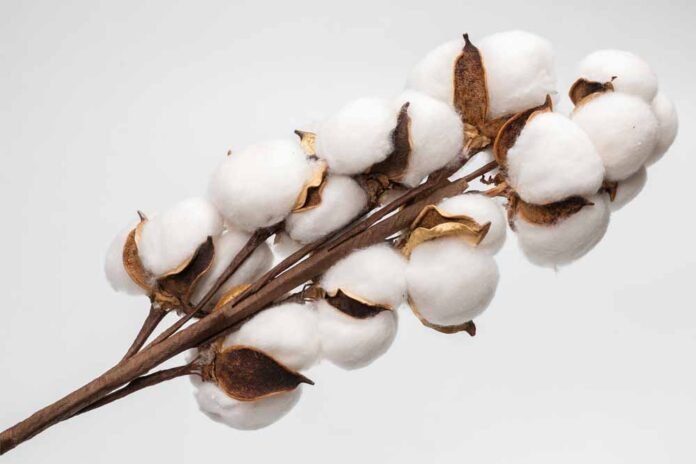Benin western Africa’s leading cotton producer is moving into processing finished goods to use cotton domestically which can be a route to prosperity for the people of the country.
In the past few years, Benin has become Africa’s leading cotton producer, with an annual production of 728,000 tonnes in 2020-2021, according to government figures. It has exported almost all of that raw, with most of it going to Bangladesh.
An initiative between the Republic of Benin and Arise Integrated Industrial Platforms, a pan-African venture partly owned by the Africa Finance Corporation, is underway to create jobs and revenue. It aims to process cotton, as well as other agricultural products, locally, with the goal of exporting finished goods, such as T-shirts and underwear, to Europe, Asia, Africa and the US.
Benin is an agricultural centre, a country that produces a lot of agricultural commodities – cotton, shea, cashews, soya, pineapple. In 2016 the new president wanted to [transform the Benin economy]. Instead of selling commodities raw, but process them in Benin.”
The initiative aims to create 300,000 jobs by 2030; up to 250,000 jobs are expected in spinning, cotton weaving and garment manufacturing. It expects to increase exports by $5bn to $10bn (£4.15bn to £8.3bn) within 10 years.
Officials say 36 investors have already signed a contract with the zone established in Benin. There is even a contract to supply 50,000 T-shirts to US brand The Children’s Place. Other famous brands like SanMar, H&M and Zara are also negotiating with local producers.
Benin is classified by the UN as one of 46 least developed countries in the world “confronting severe structural impediments to sustainable development”; close to 40 percent of the population lives below the poverty line.
The textile industry has been the starting point for industrialisation in many countries. It is, for this reason, the textile industry has been selected as a priority by the African Union as this sector has the capability to create a lot of jobs relatively easily.
Benin’s position on the west coast of Africa could be a logistical advantage for buyers in the US, Europe and Africa, as products won’t have to be shipped so far. And, African cotton has an environmental edge. It’s all rain-fed so there’s no irrigation, tapping into rivers, lakes and underground water like in some other major cotton-producing countries. Also, pesticide and chemical use are much lower.
As consumers become more environmentally and socially conscious, brands are putting pressure on suppliers and manufacturers. The European Commission has formulated a textile strategy that has sustainability at its core and will put conditions on products entering the EU.
Between 50 and 70 percent of the power needed by the zone will be provided by renewable energy, says Beheton. A solar plant is being built over the next three years, and solar panels will be placed on the warehouse roofs. The remainder will come from a new power plant and gas pipeline later this year.
Officials say workers are paid more than the minimum wage in Benin along with other benefits such as a free lunch and an onsite nursery. There is nothing untoward happening here. Natalie Swan, the labour rights programme manager at Business & Human Rights Resource Centre, says that each time the industry shifts to an emerging market, there’s “a wild west in terms of a lack of unionisation, and a legal framework that gets exploited”.



